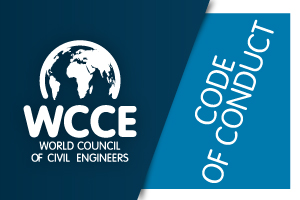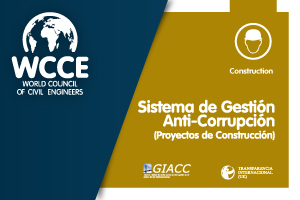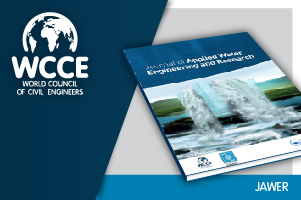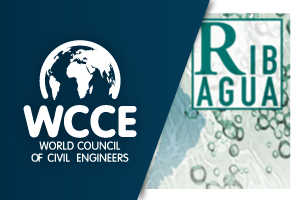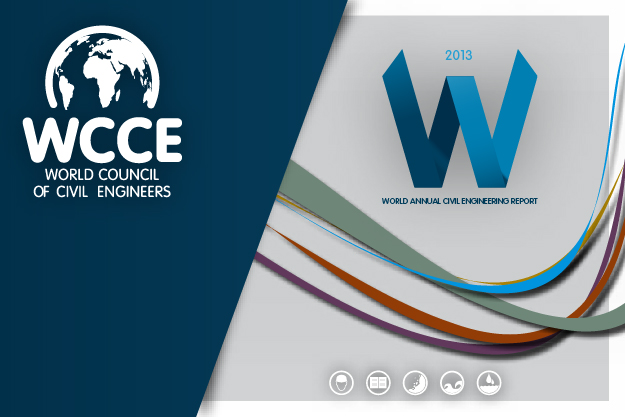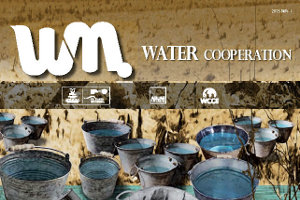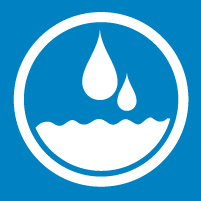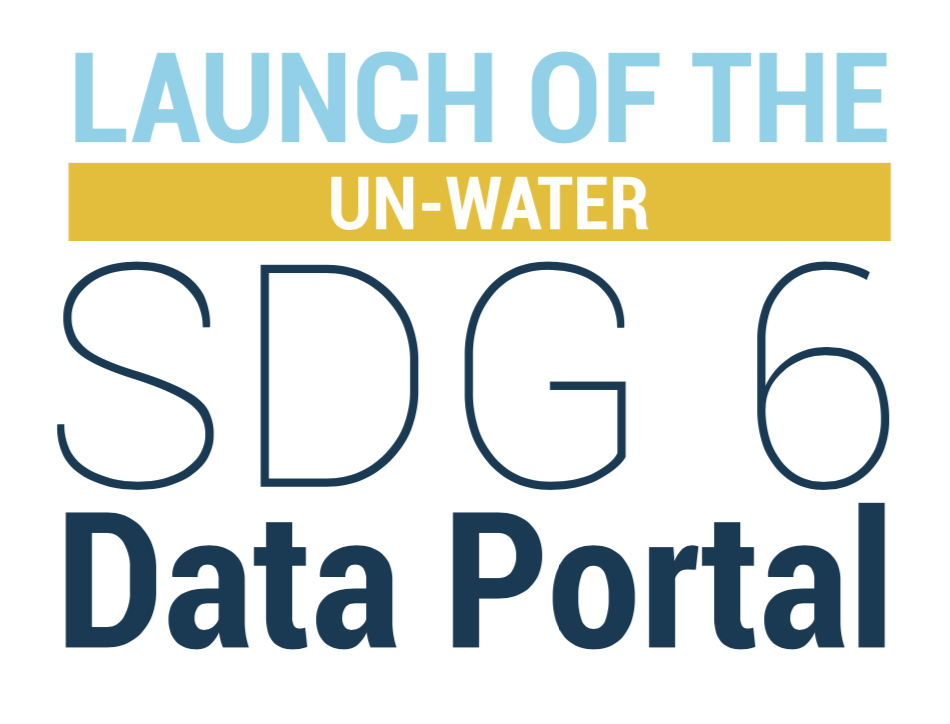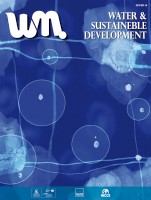 We are proud to introduce the third report of our Water monographies series , Water & Sustainable Development presented on the occasion of the UN's Conference of the Parties which took place in Paris during the first weeks of December. This initiative is published in collaboration with UN-Water and AQUAE Foundation and is published in English and Spanish.
We are proud to introduce the third report of our Water monographies series , Water & Sustainable Development presented on the occasion of the UN's Conference of the Parties which took place in Paris during the first weeks of December. This initiative is published in collaboration with UN-Water and AQUAE Foundation and is published in English and Spanish.
 Ministers from OECD’s 34 member countries welcomed the OECD Principles on Water Governance, which set standards for moreeffective, efficient and inclusive design and implementation of water policies, and encouraged governments to put them into action.
Ministers from OECD’s 34 member countries welcomed the OECD Principles on Water Governance, which set standards for moreeffective, efficient and inclusive design and implementation of water policies, and encouraged governments to put them into action.
The 12 Water Governance Principles provide a framework for governments to put in place better water policies and they will be used to develop a broader OECD perspective on water management over the coming years.
The Principles were developed using a multi-stakeholder approach and were endorsed by a large number of public, private and non-profit organisations at the 7th World Water Forum in April in Korea through the Daegu Declaration.
Next steps will include identifying and scaling up best practices and developing water governance indicators to support the implementation of the Principles.
Click here to download the pdf
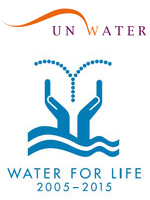 The ‘Water for Life’ UN-Water Best Practices Award is now accepting nominations for its 5th edition. The application period is open between 4 July and 15 September 2014. The theme is ‘Water and Sustainable Development’, which mirrors that of World Water Day 2015.
The ‘Water for Life’ UN-Water Best Practices Award is now accepting nominations for its 5th edition. The application period is open between 4 July and 15 September 2014. The theme is ‘Water and Sustainable Development’, which mirrors that of World Water Day 2015.
The ‘Water for Life’ Best Practices Award aims to acknowledge and promote efforts to fulfill international commitments made on water and related issues by 2015, by recognizing outstanding best practices that can ensure sustainable long-term management of water resources and help achieve the water and sanitation targets of the Millennium Development Goals (MDG), Agenda 21 and the Johannesburg Plan of Implementation.

|
|
Editor: Prof Dr Tobias Bleninger , Federal University of Paraná, Brazil |
 2015 Annual Conference of UN-Water in Zaragoza. Water and Sustainable Development: From Vision to Action. 15-17 January 2015- Side event.
2015 Annual Conference of UN-Water in Zaragoza. Water and Sustainable Development: From Vision to Action. 15-17 January 2015- Side event.
Register
Date: January 14, 2015
Time: 12: 30-17: 00
Location: Ebro River Basin premises, Paseo de Sagasta 24, Zaragoza
Coordinated by World Council of Civil Engineers, Aquae Foundation, CODIA
The interrelationships between water and energy in Latin America are diverse, complex and intense. Current trends suggest that this interdependence is subject to greater stress in the future, due to population growth and urbanization; economic growth; competition for water in watersheds with concentrated economic development; and trends toward increasing the intensity of water in energy production and energy intensity in the provision of water for different uses - all this in the context of climate change.


